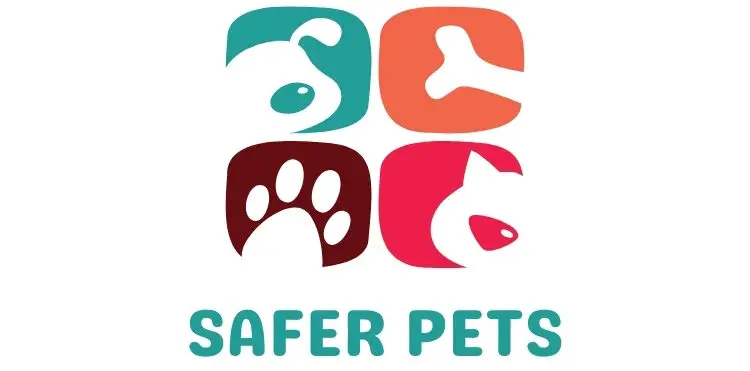Having the right kind of dog could help a child overcome his nervousness of dogs but having the wrong kind of dog could make things worse and give the child a severe phobia.
Most children like and enjoy the company of animals – those who don’t have often had a bad experience and therefore associate animals with fear or pain. If this is the case, it may take some time – and many positive encounters – for the child to regain his confidence around animals. Thus in this case, it is important not to just expose the child to any animal – possibly risking another negative encounter and reinforcing his fear – but instead, carefully choosing a gentle, well-behaved animal for the child to interact with, so he can overcome his fear or dislike and come to enjoy the animal’s company. Remember, though, there are some children who are just not that into pets and nothing will change that, so it is important to respect their feelings as well.
In this situation, if the younger children have not vehemently declared a hatred or deep fear of dogs, then it may be worth thinking about getting a pet dog for the family, especially as other members are so keen.
However, the important thing is to choose the right breed – one that is not too strong, boisterous or dominant in personality, which may be difficult for inexperienced owners to control – and also one of a manageable size. In general, smaller dogs are easier to handle and control although toy breeds can also be more nervous and snappy, whereas many large, family dogs are much more tolerant of children and are easier to handle, despite their size.
Involving the younger children in the choice of dog may help enormously. They may not fear all dogs but simply large, boisterous types or shaggy types or small, yappy types – or dogs like the neighbour’s! They may find certain breeds or types very “cute” and this may help them be more accepting of the dog. In addition, involving them in the selection process helps them feel more in control and therefore less frightened of the concept.
Training is the key – bringing in a wild, out-of-control, nipping puppy will do nothing to allay the younger children’s fears; conversely, enjoying the company of a well-behaved dog may encourage the younger children to view dogs in a different light. People often dislike or fear dogs due to bad behaviour they have seen or received – they are often surprised when they meet a well-behaved, well-trained dog and discover that they don’t hate dogs as much as they thought!
Raising a puppy and training it well requires a lot of work, patience, time and effort and this may not be easy for a mother with 3 young children – therefore, it may be worth considering an older, gentle dog from a rescue shelter: one which has been trained and socialised and assessed, so that you know exactly what kind of dog you are getting. Staff at rescue shelters are very knowledgeable and experienced and would be able to match your family to the right dog for your situation. And many dogs are in shelters through no fault of their own – perhaps due to a marriage break-up or owner death or illness – and they would make wonderful family pets.
Once you have the right kind of dog – a gentle, mild type who does not jump up or behave in other excitable ways which may frighten young children – then getting the younger children involved in the daily care and training of the dog may also help them overcome their fears and start to take pride in their “new pet”.
If, however, the younger children show an extreme fear of dogs, then it would be perhaps unfair to add a dog to the family – not just for their sake but also for the dog’s. Too many dogs are adopted into the wrong family situation and then abandoned again when they don’t suit. In this case, it may be better for the oldest child to get her “dog fix” another way – perhaps by helping to walk and take care of a neighbour’s dog or volunteering at a dog shelter. As the children grow older, they may gradually change their attitudes and you could revisit the situation again in a few years.
